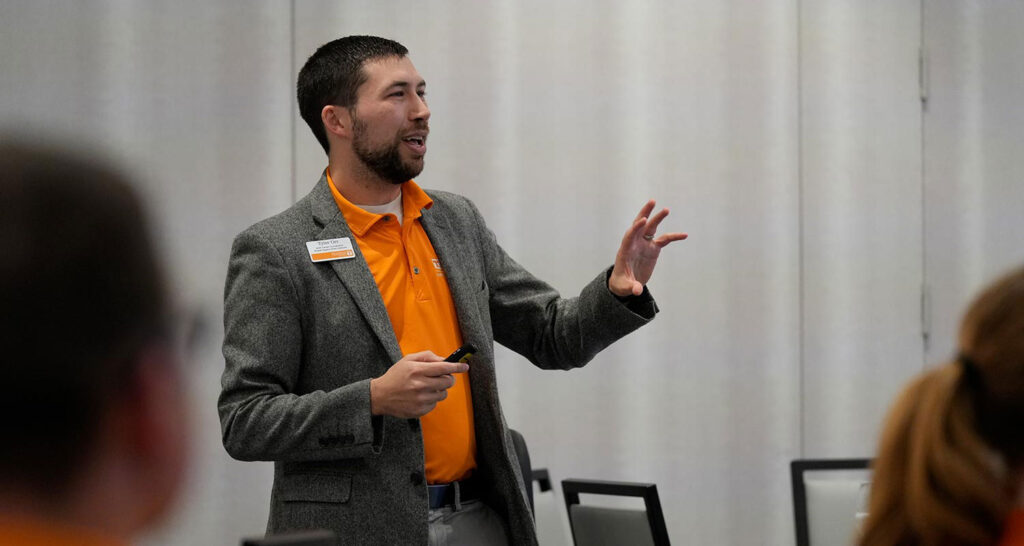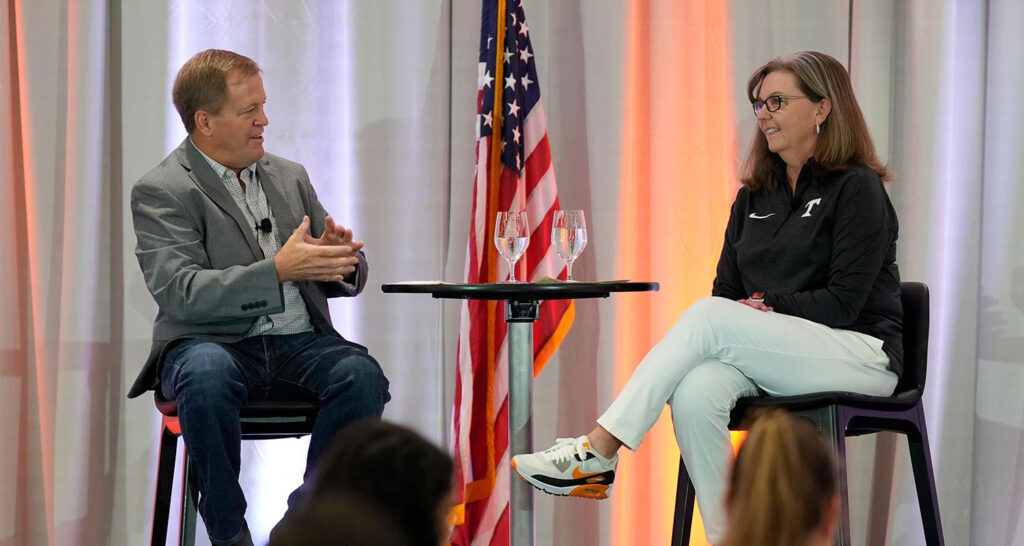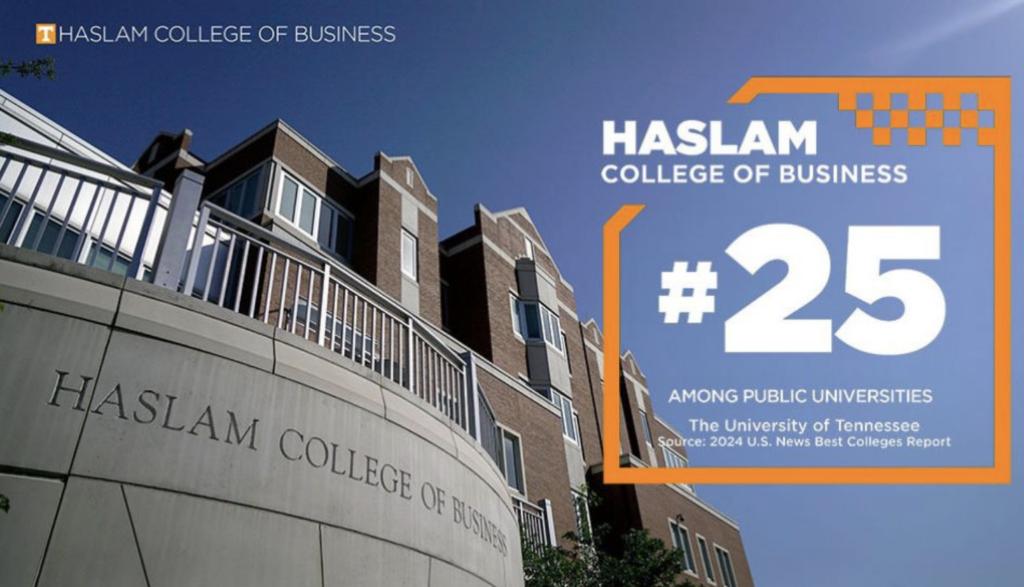Blog
Essential reading from leading researchers and scholars on the latest trends and topics relevant to global supply chain management.

Straight From the Source: What Makes an Intern Return?
This is one of two posts based on sessions from the 2023 Fall Supply Chain Forum, which took place from November 7–9 in Knoxville, Tennessee. Attendees may download the full presentation from the session under Resources in the GSCI app. Read the first article on leadership and talent development with Tennessee softball coach Karen Weekly.

Why Supply Chain Planning is More Critical Than Ever Before
This is the first in a series of blog posts based on the applied research report, “Advanced Supply Chain Planning: Leading Edge Capabilities Needed to Win in 2030,” by the research team of Michael Burnette, Dan Pellathy, Karen Mathews, and Daniel Myers. Download the white paper.

Leadership and Talent Development with Tennessee Softball Coach Karen Weekly
This is one of two posts based on sessions from the 2023 Fall Supply Chain Forum, which took place from November 7–9 in Knoxville, Tennessee. Attendees may download the full presentation from the session under Resources in the GSCI app.

Intermodal Association of North America Awards $25K Scholarship to Support UT Supply Chain Students
The supply chain management department at the University of Tennessee, Knoxville’s Haslam College of Business, was recently awarded $25,000 in scholarship funds to support undergraduate students by the Intermodal Association of North America (IANA).

What to Know About Coming US Industry Emissions Reporting Rules
Disclosure requirements for U.S. industry greenhouse gas (GHG) emissions are inevitable. However, what form these requirements will take is unclear, according to Alex Scott, associate professor and Gerald T. Niedert Professor of Supply Chain Management, at the University of Tennessee, Knoxville’s Haslam College of Business. As evidence of these rules’ fait accompli, Scott cites several developments in this blog.

Young Haslam Alum’s Career Is Already at an ‘APEX’
Stephanie Yeap’s (HCB, ’16, MSBA, ’18) busy academic career at the University of Tennessee, Knoxville’s Haslam College of Business included an internship at Eastman, a global specialty materials company. Her performance led the company to offer her a full-time supply chain analytics project manager position in 2019. She has since been promoted to analytics translator and senior data scientist.

UT’s Haslam College of Business Gains in U.S. News Undergrad Rankings
The Haslam College of Business at the University of Tennessee, Knoxville, has been named a top 25 public business school. In the 2024 U.S. News & World Report’s Best Undergraduate Business Programs rankings, the college moved up one spot to No. 25 among public universities while the Department of Supply Chain Management held the No. 3 public spot for a third consecutive year.

‘Historic’ Teamsters’ Contract Means Labor Can Flex Its Muscles Beyond Supply Chain, Expert Says
Hailed by the Teamsters as “the most historic collective bargaining agreement in the history of UPS,” their recently approved five-year contract with the shipping giant is full of wins for the union. In this follow-up Q&A, Alan Amling, who worked at UPS for 27 years, discusses how the Teamsters will leverage this win and what it says about labor’s strength in the U.S.

Challenge Area #3: Developing Agile Relationships with External Stakeholders
This is the final in a series of blog posts based on the applied research report “Meeting the Challenge of Supply Chain Agility” by the research team of Bruce Behn, Pradeep Charath, Paul Ditmann, and Dan Pellathy. The first article introduced agility and its benefits for businesses; the second addressed the challenges businesses face when considering agility; the third focused on making the business case for agility.

Challenge Area #2: Making the Business Case for Agility
This is the third in a series of blog posts based on the applied research report “Meeting the Challenge of Supply Chain Agility” by the research team of Bruce Behn, Pradeep Charath, Paul Ditmann, and Dan Pellathy. The first article introduced the concept and its benefits for businesses; the second addressed the initial challenges businesses face when considering agility.